Explore More Blogs

Simple Night Guard vs. Specialized Splint: Why Your Jaw Pain Needs a TMJ Center
Waking up with a sore jaw, unexplained headaches, or that familiar pop-and-click in your temporomandibular joint (TMJ) can make mornings feel miserable.

Welcome to Suburban TMJ & Sleep Center
At Suburban TMJ & Sleep Center, care is a team effort. From the moment you walk through our doors, you’ll be welcomed by a knowledgeable and friendly staff who are committed to making your experience as comfortable as possible.

Are You Dealing with Sleepless Nights?
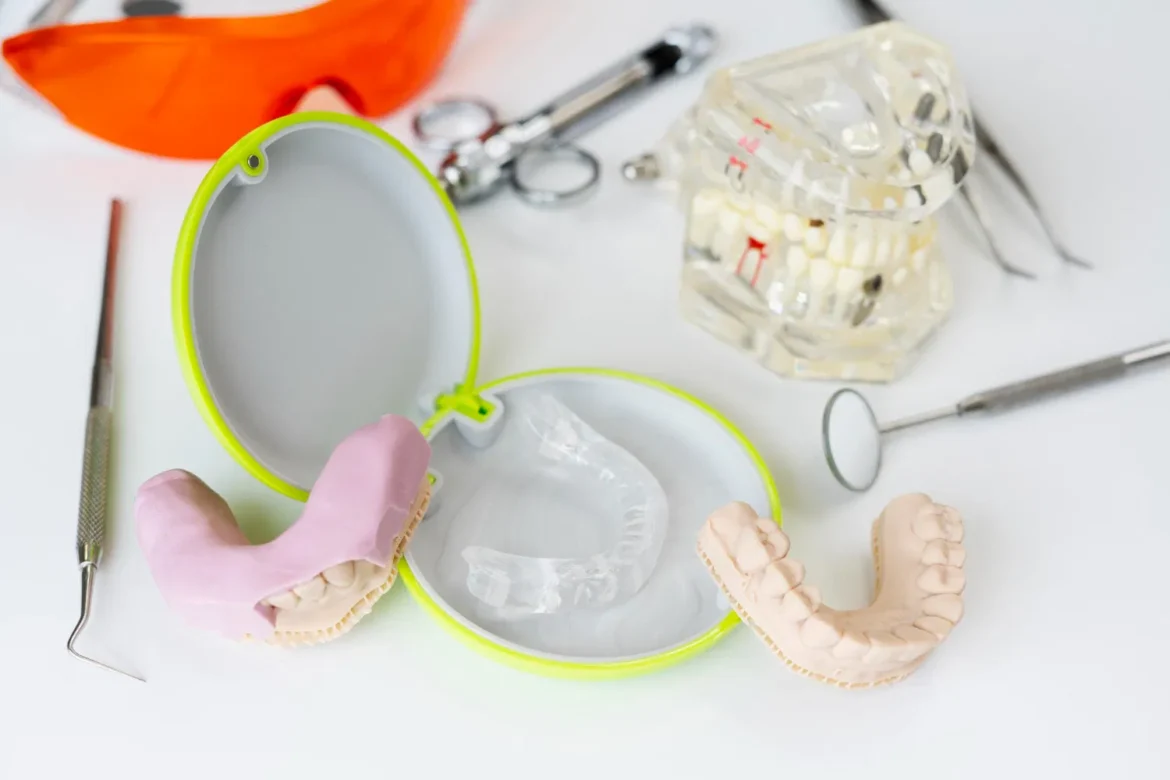
Sleep Better with Oral Appliance Therapy: Dr. Hitesh Patel’s Tips

Hidden Health Issues Associated With Sleep Apnea

Need To Know About Sleep Apnea Treatment

Questions to Ask at a Sleep Apnea Treatment Center

Exploring the Connection Between Sleep Apnea and TMJ Disorders

How to Tell If Your Headache Is Actually a Migraine

4 Types Of Headaches: Which Kind Is Causing You Pain?

Your Journey to Better Sleep: Lifestyle Changes to Complement Sleep Apnea Treatment

Travel Tips for Sleep Apnea and TMJ Disorder Patients

Boosting Energy Levels While Managing Sleep Apnea and TMJ Disorders

Combating Fatigue and Daytime Sleepiness: The Role of Sleep Apnea Treatment

The Relationship Between Sleep Apnea and Your Oral Health

Sleep Apnea and the Risk of Motor Vehicle Accidents: Understanding the Dangers and Treatments
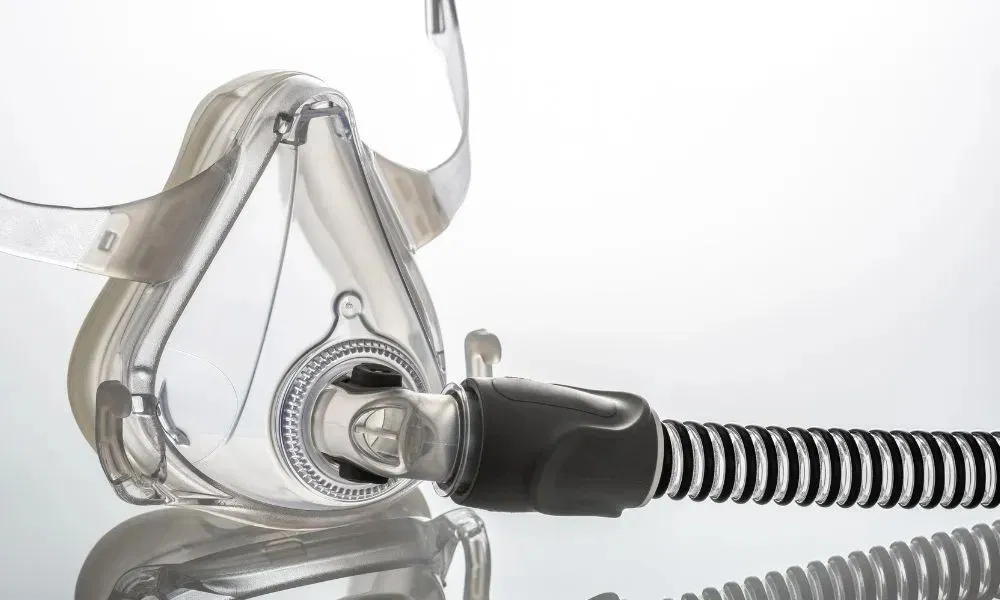
The Impact of Sleep Apnea on Children: Symptoms, Causes, and Intervention

How Does Sleep Apnea Affect Your Heart? Exploring the Link and Addressing the Risks

The Unique Benefits of Oral Appliance Therapy for Sleep Apnea: Customized Solutions to Transform Your Sleep
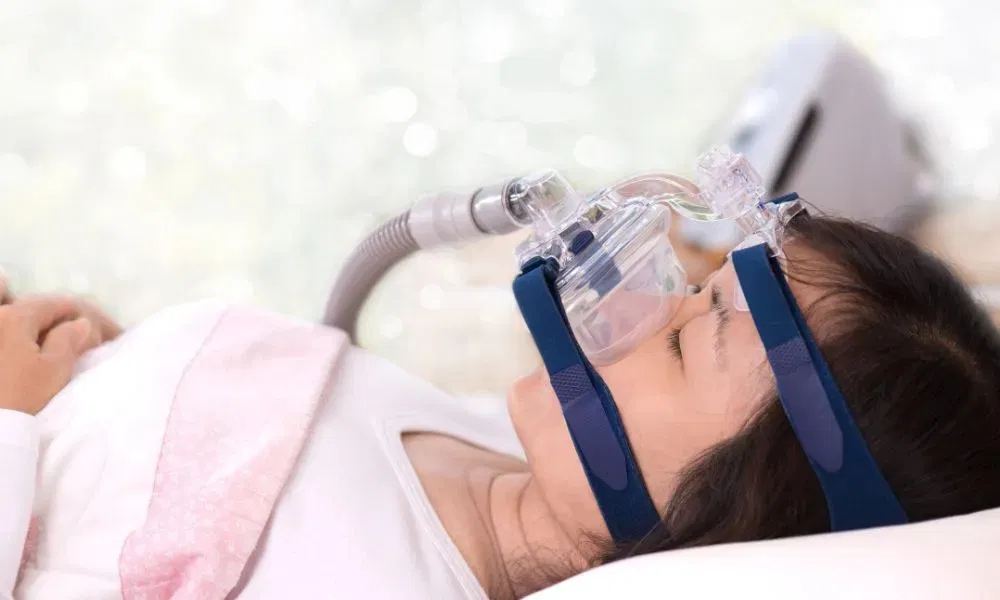
Understanding the Impact of Sleep Apnea on Daily Life: Treatments to Help You Reclaim Your Rest
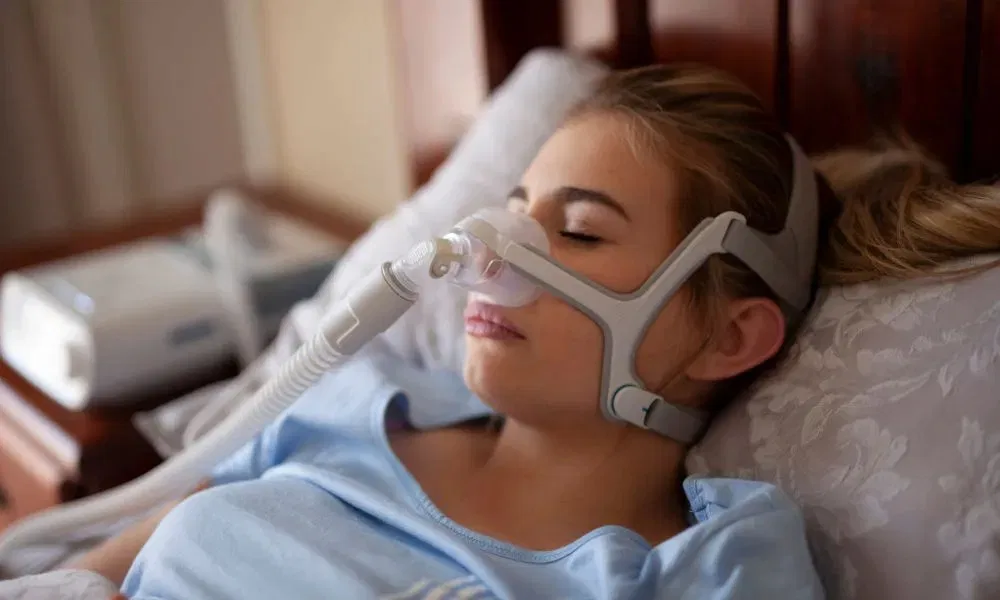
Exploring the Relationship Between Sleep Apnea and TMJ Disorders
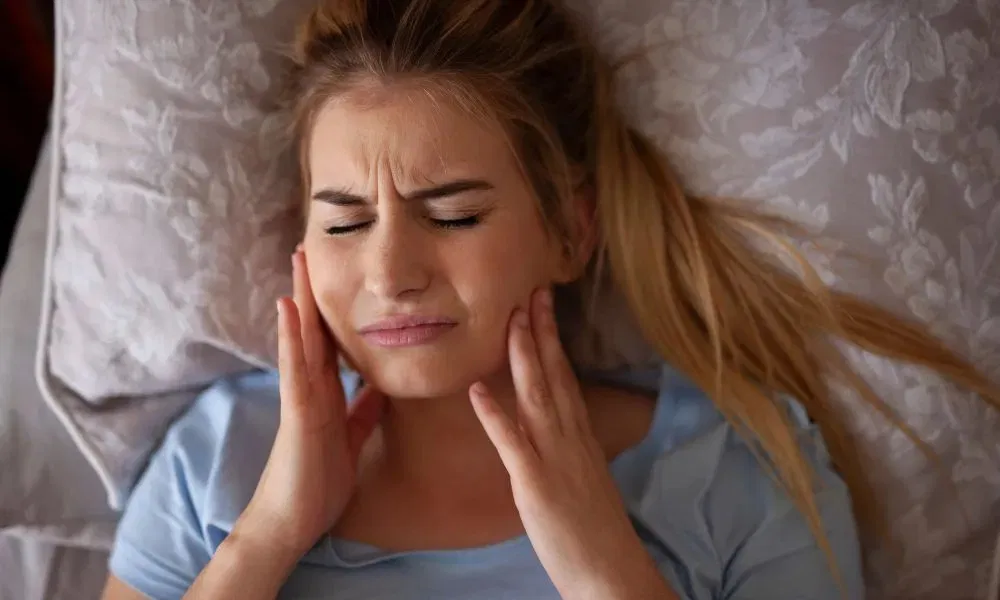
Recognizing the Link Between Sleep Apnea and TMJ Disorders: Diagnosis and Treatment
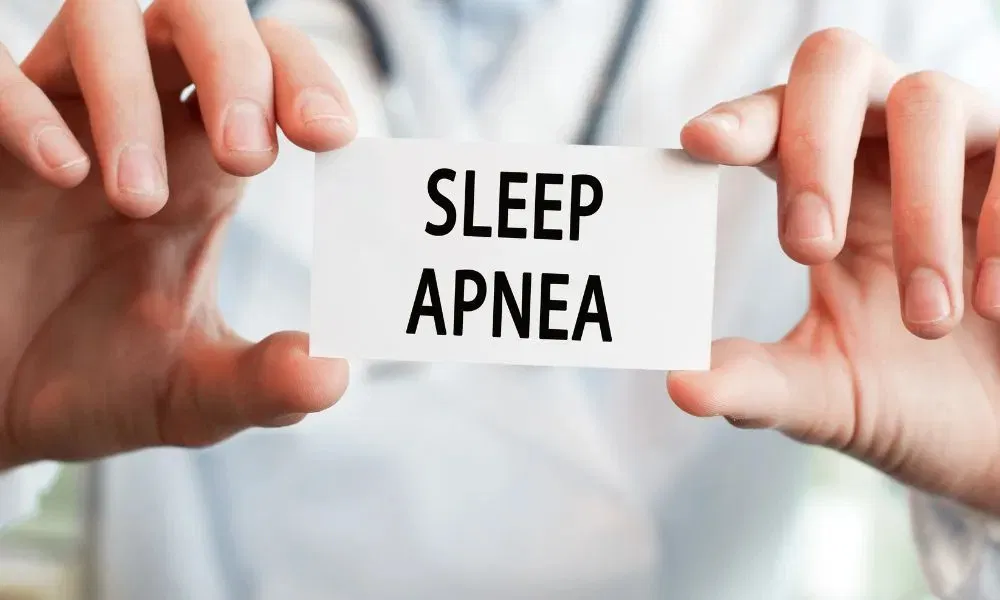
The Benefits of Combining Oral Appliance Therapy and Lifestyle Changes for Sleep Apnea Management
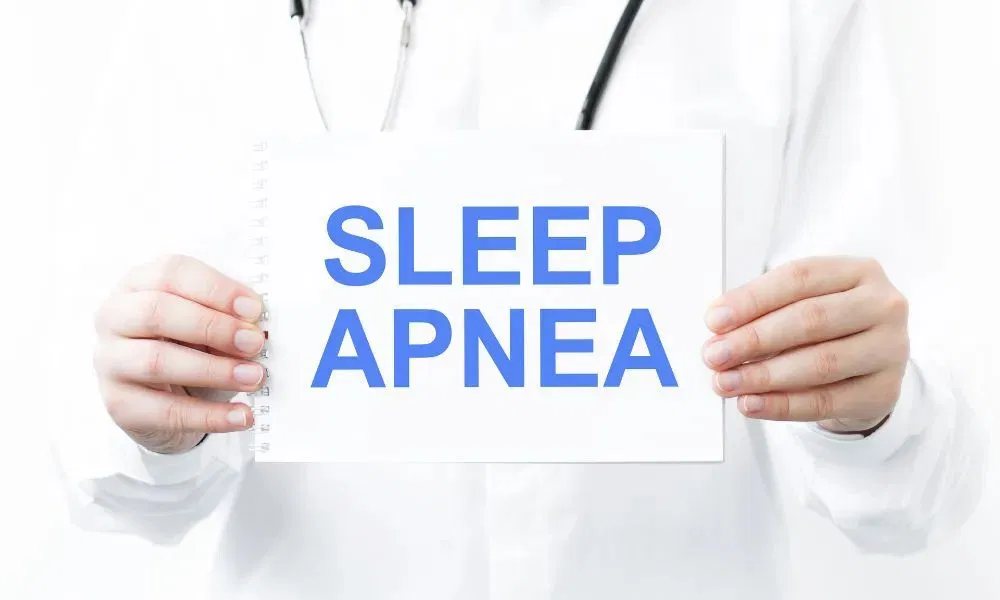
Understanding the Symptoms and Risks of Sleep Apnea: Alternative Treatment Options

The Benefits of Oral Appliance Therapy for Snoring and Mild to Moderate Sleep Apnea

Understanding Sleep Apnea in Children: Symptoms, Risks, and Treatment Solutions
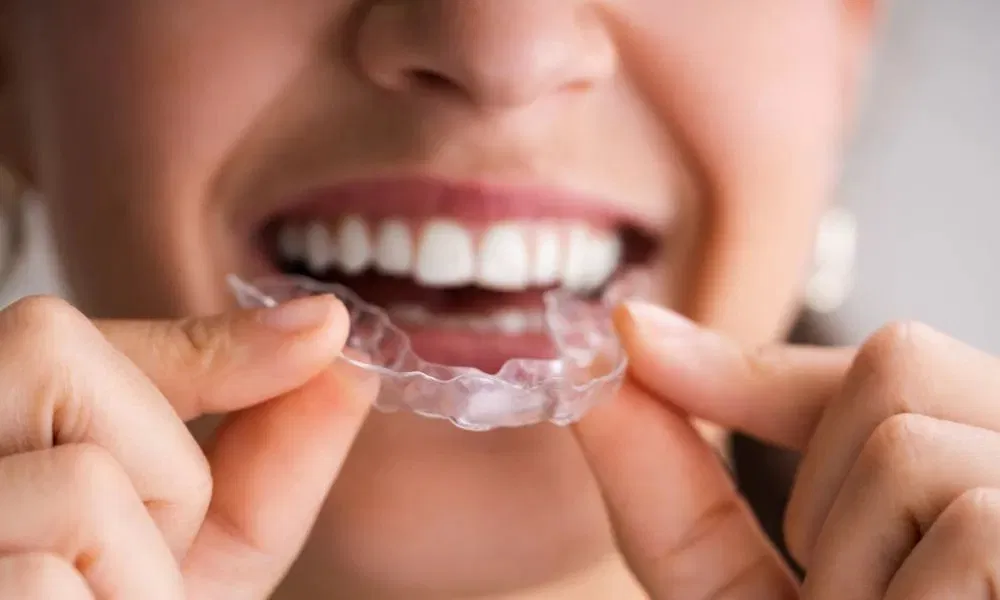
Bruxism and Sleep Apnea: Identifying Symptoms and Seeking Treatment

Sleep Apnea and Chronic Headaches: Their Link and Treatment Options

Oral Appliance Therapy for TMJ and Sleep Apnea

Relationship Between TMJ Disorders and Sleep Apnea: Symptoms, Causes, and Treatments

TMJ Disorders and Sleep Apnea: Symptoms, Risks, and Treatment for Improved Sleep

The Link Between TMJ Disorders and Sleep Apnea: Symptoms, Risks & Treatment Solutions

The Sleep-TMJ Connection: Understanding the Link Between Sleep and Jaw Health

Is Sleep Apnea Affecting Your Health? Key Signs and Solutions?

Exploring the Connection Between Sleep Apnea and TMJ Disorders

Travel Tips for Sleep Apnea and TMJ Disorder Patients

Exploring the Relationship Between Sleep Apnea and TMJ Disorders

Recognizing the Link Between Sleep Apnea and TMJ Disorders: Diagnosis and Treatment

Boosting Energy Levels While Managing Sleep Apnea and TMJ Disorders

The Link Between TMJ Disorders and Sleep Apnea: Symptoms, Risks & Treatment Solutions

Understanding TMJ Pain!

The Sleep-TMJ Connection: Understanding the Link Between Sleep and Jaw Health

Oral Appliance Therapy for TMJ and Sleep Apnea

Relationship Between TMJ Disorders and Sleep Apnea: Symptoms, Causes, and Treatments

Everything You Need to Know about TMJ Disorders

7 Easy Jaw Exercises For Short Term TMJ Relief

TMJ: How it Might Be Affecting You, And How to Find Relief

Pain Throughout the Body Caused by TMJ

What To Do During A Headache Caused By A TMJ Disorder

Your Life Before & After TMJ Treatment

What Happens When TMJ Goes Untreated?

Facial Rejuvenation for TMJ Treatment: Know How

5 Simple Jaw Exercises to Alleviate TMJ Discomfort

Dispelling TMJ Myths: Uncovering the Truth Behind Popular Misconceptions

Managing Stress to Improve TMJ Health and Sleep Quality

Demystifying Non-Surgical TMJ Treatments: Top Tools, Techniques, and Outcomes Explained

Exploring Non-Surgical TMJ Treatment Options: Benefits and Comparisons
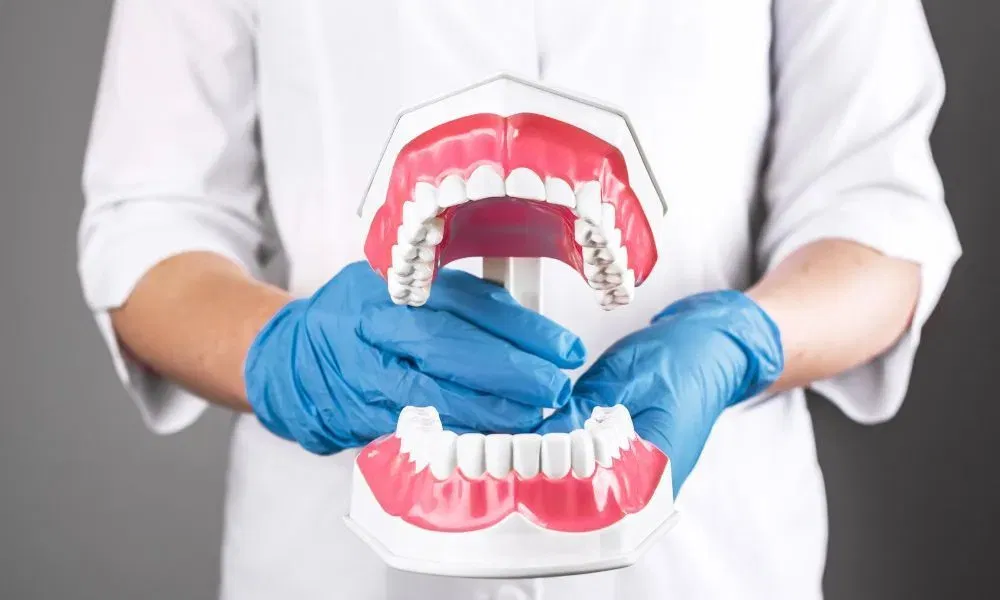
7 Practical Tips for Easing TMJ Discomfort in Daily Life

Improving TMJ Symptoms Through Diet: Foods to Embrace and Avoid

The Anatomy of TMJ: Explore the Temporomandibular Joint with Suburban TMJ and Sleep Center
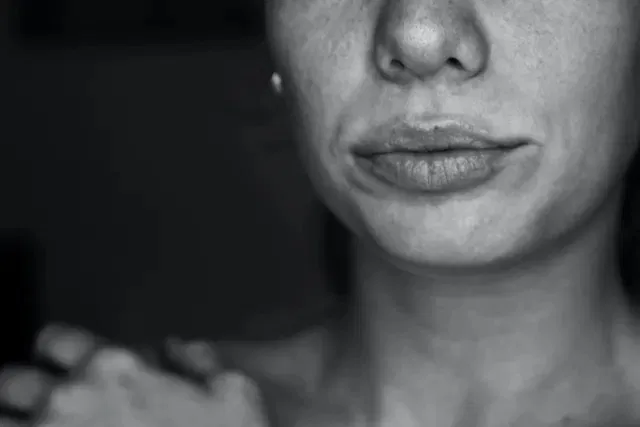
Choosing the Right TMJ Treatment Center: A Comprehensive Guide

TMJ vs. TMD: Suburban TMJ and Sleep Center Clarifying the Differences

The Impact of Poor Posture on TMJ Disorders: Discover the Connection

TMJ Treatment Options: Expert Answers to Your Frequently Asked Questions

Combat TMJ Disorders: Discover How Stress Management Strategies Aid Prevention and Relief
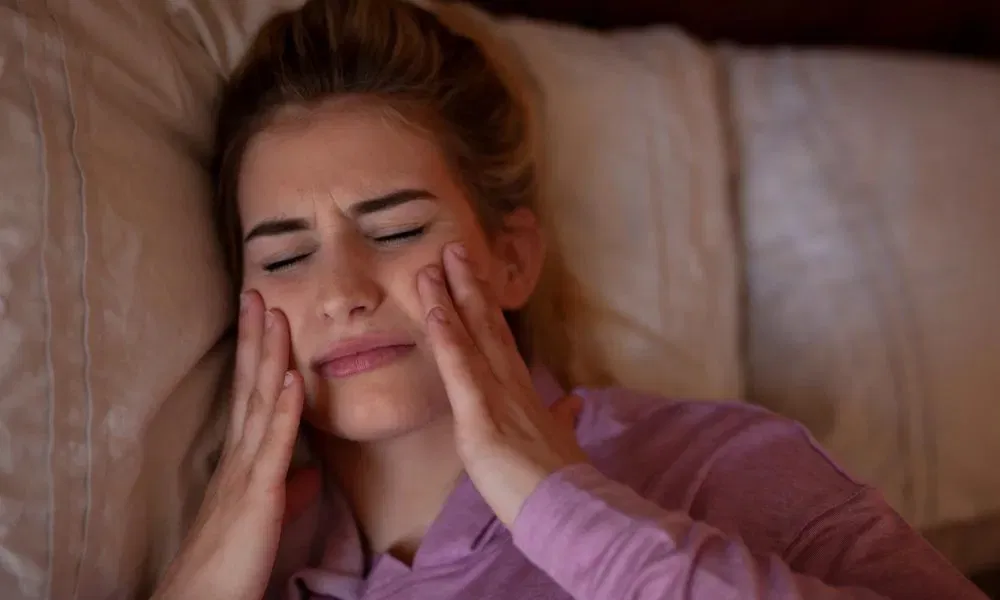
Top 8 Non-Surgical TMJ Treatments to Alleviate Pain

Childhood Orthodontics and TMJ Disorders: Essential Insights for Parents

Managing TMJ Disorders During Pregnancy: Tips and Non-Surgical Treatments for Expectant Mothers

The Connection Between TMJ Disorders and Chronic Headaches: Discover How TMJ Treatment Can Improve Your Health

Understanding TMJ Disorders: Causes, Symptoms, and Treatments

The Impact of Stress on TMJ Disorders: Understanding the Connection and Strategies for Stress Reduction

Debunking 5 Common Myths About TMJ Disorders
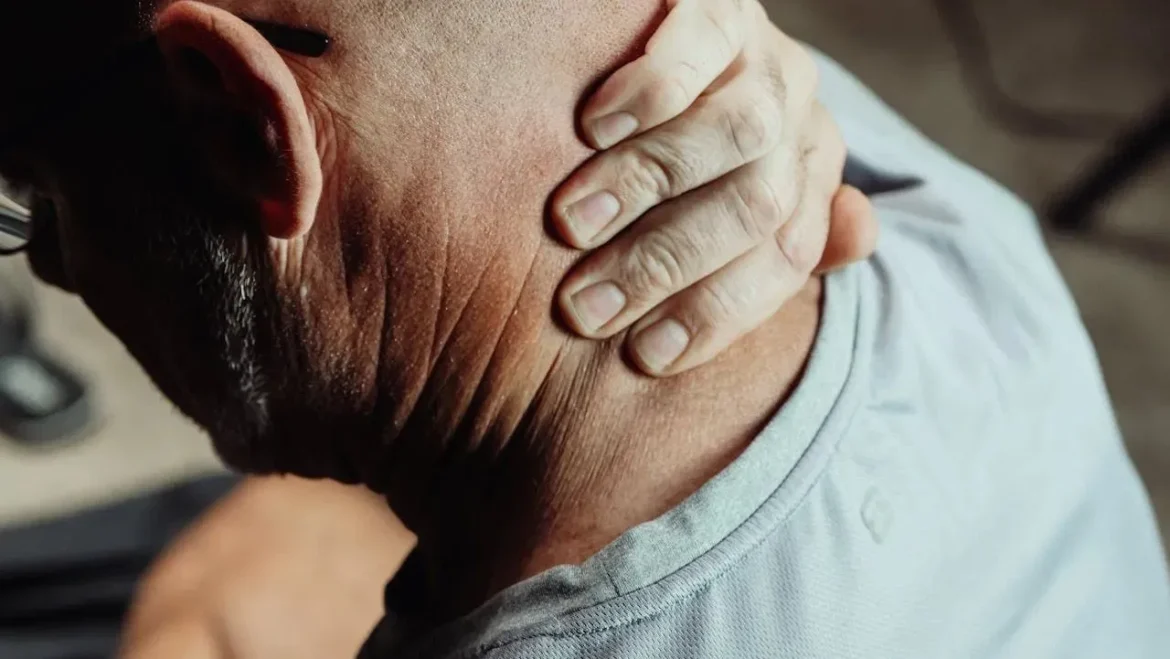
Recognizing TMJ Disorder Symptoms and Triggers: The Complete Guide

Uncover the Relationship Between Bruxism and TMJ Disorders: Symptoms, Causes, and Non-Surgical Treatments

The Impact of Poor Posture on TMJ Disorders: Discover the Connection

Prioritizing Posture in TMJ Disorder Management: Practical Guidance for Proper Alignment and Reduced Symptoms

Diet and Nutrition’s Impact on TMJ Disorders: Making Informed Choices for Better Symptom Management

Exploring the Connections Between TMJ Disorders and Sleep: Dr. Hitesh Patel’s Expert Insights and Solutions

TMJ Treatment and Its Potential Impact on Cardiovascular Health
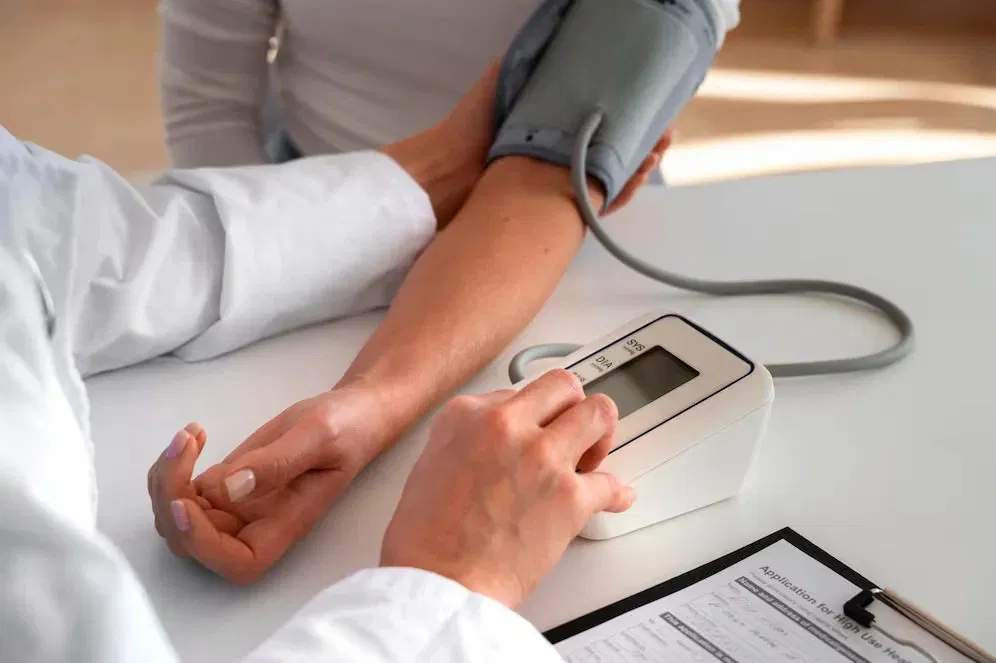
TMJ Disorders and Hypertension: Breaking Down the Relationship

Understanding TMJ-Related Headaches and How Dr. Hitesh Patel Can Help You Find Relief

Alleviate TMJ Symptoms by Managing Stress and Anxiety

Understanding TMJ Disorder-Related Headaches: Causes, Symptoms, and Treatment Solutions by Dr. Hitesh Patel

Enhance Your TMJ Disorder Treatment with Physical Therapy Strategies by Dr. Hitesh Patel

The Connection Between TMJ Disorders and Tinnitus: How Dr. Hitesh Patel Can Help Improve Ear Health and Reduce TMJ Sympt

Understanding TMJ Disorders: Causes, Symptoms, and Non-Surgical Treatment Options

TMJ and Sleep Apnea: The Surprising Link and Non-Surgical Solutions

How TMJ Disorders Can Affect Speech and the Path to Improvement

The Connection Between TMJ Disorders and Headaches: What You Need to Know

TMJ Disorder in Athletes: How Dr. Hitesh Patel Can Help Safeguard Your Performance and Alleviate TMJ Pain

The Importance of Posture in TMJ Disorders and Alleviating Symptoms

The Impact of Stress on TMJ Disorders: Understanding the Connection and Finding Relief with Dr. Hitesh Patel

Tinnitus Relief and its Connection to TMJ Treatment

Understanding the Impact of TMJ Disorders on Daily Life

Bruxism and TMJ Disorder: Identifying Symptoms and Finding Relief

Exploring Cold Laser Therapy as a Non-Invasive Treatment for TMJ

The Relationship Between TMJ Disorders and Sleep Apnea: Dr. Hitesh Patel’s Approach to Effective Symptom Management

Understanding Atypical Facial Pain and Its Connection to TMJ Disorders: Dr. Hitesh Patel’s Approach to Proper Diagnosis

Improve TMJ Health with Nutritional Strategies: Manage Symptoms with a Jaw-Friendly Diet


